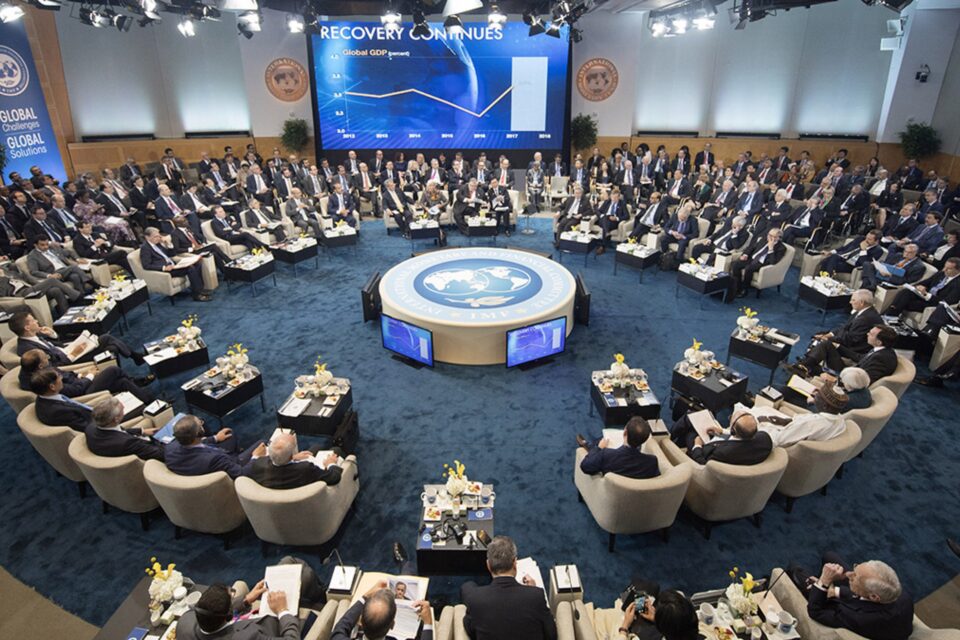The International Monetary Fund (IMF) recently projected that the global economy recovery
continues but momentum has weakened in its latest World Economic Outlook.
However, “China’s
share of the world economy has risen increasingly and the country’s economic recovery has
supported global growth directly.” Krishna Srinivasan, Deputy Director of Asia-Pacific
Department at IMF told People’s Daily in a recent written interview.
According to the latest statistics from the General Administration of Customs of China (GAC),
China’s foreign trade in goods registered a total value of 28.33 trillion yuan ($4.4 trillion) during
the first three quarters of 2021, up 22.7 percent year on year. The global market shares of China’s
total foreign trade, exports as well as imports have increased, and China remained the world’s
largest trading nation in goods.
“China has been an important contributor to the recovery of global trade.” Srinivasan commented
that China’s import and export performed well this year and the higher growth in China’s trade has
strong spillover effects on the global economy. “Upholding the policy of reform and opening up
and rebalancing its economy towards a more sustainable growth model, China will continuously
contribute to the global economic growth.”
Last September, China announced a concrete long-term target of peaking carbon emissions before
2030 and reaching carbon neutrality in 2060 at the UN General Assembly. Srinivasan thought
highly of China’s important role played in the global fight against climate change in the interview.
This year, China’s national carbon market has started online trading. From his point of view,
China’s continuously promoting high-quality development, shifting away from investment-led to
consumption-led growth and supporting the expansion of services and high-tech sectors, are all
conductive to lowering carbon emissions.
According to IMF’s newly released Asia & Pacific Regional Economic Outlook, China’s
experience with e-CNY (its digital currency) could hold useful lessons for those considering
issuing central bank digital currencies, as long as these are backed by prudential safeguards.
Srinivasan praised on China’s significant efforts made in developing its own central bank digital
currency in recent years. China’s e-CNY has started large-scale tests in a number of cities and
regions. He stressed that China’s e-CNY has the potential to promote financial inclusion and
improve payment efficiency, and it can expand the coverage of payment services to unbanked
households and lower transaction costs for households and small firms.
“China’s e-CNY can also
provide targeted fiscal support and improve transparency in public finances.”
Srinivasan firmly held the view that the global economy would benefit from a more open, stable,
and transparent rules-based international trading system. Speaking of the U.S. and China, he said
that finding ways to resolve trade disputes and modernize the multilateral trading system can
benefit all countries in the world.
From his perspective, the two countries are not just large
economies – they are also major hubs for global value chains. “By working together, the U.S. and
China can perform well in addressing the most pressing global challenges—from the ongoing
COVID-19 pandemic to the fight against climate change.”



